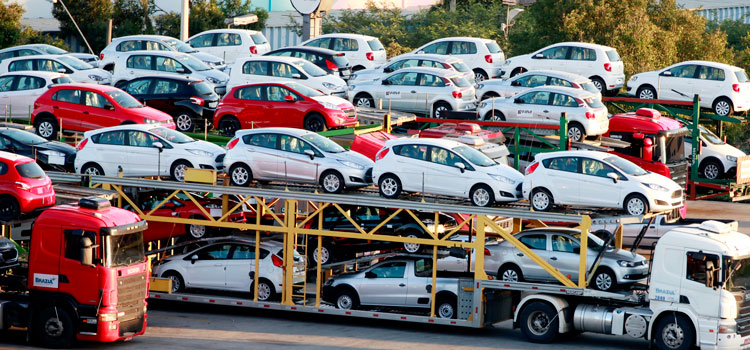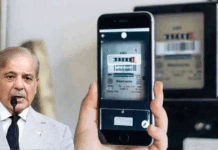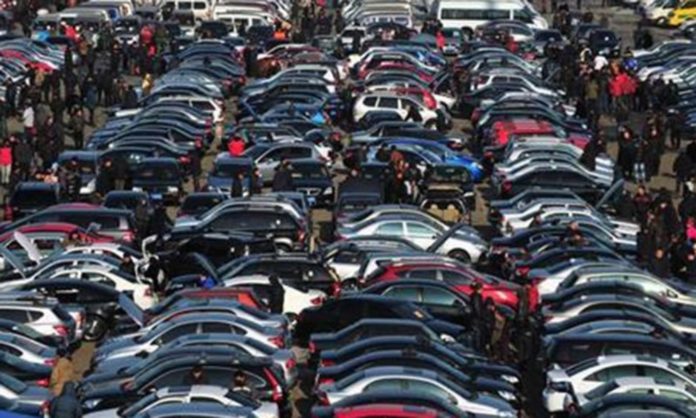Pakistan’s auto industry has been struggling in the calendar year 2022. From jacked up taxes in the mini-budget in January and now difficulty in opening Letter of Credits (LCs) amid falling foreign exchange reserves in the country.
LC is a banking instrument that companies use to import goods and the auto sector is a large importer since localization is low in Pakistan. The State Bank appears to be hindering auto companies from opening LC in an effort to conserve foreign exchange reserves.
Since the companies were not able to import auto parts or commonly known as CKDs (completely knocked down units) in the auto sector, they have been suspending booking of some of their models.
Moreover, rupee depreciation to unprecedented levels has also been making auto assemblers nervous since they appear to price their cars in rupees on the basis of the cost incurred on import of CKD in dollars. Therefore, the falling rupee has made it unpredictable for them.
Earlier, the industry has already been facing a semiconductor chip shortage, which has been a global phenomenon post-economic shutdowns amid the coronavirus pandemic. Due to this, the auto industry was unable to deliver some of their variants, mostly automatic, on time and they later suspended their booking.
All of these facts have forced most car assemblers to suspend the booking on their different car models.
“Toyota has suspended bookings of all of their cars,” said auto sector analyst Muqeet Naeem. “They have done it probably because they first want to see the rupee stabilize against the dollar so that they can price their cars accordingly.”
The analyst said Suzuki has also suspended booking of its top-selling cars Alto and Cultus amid supply chain constraints.
KIA has also suspended the booking of Picanto.
As the industry struggles with these issues, social media is now replete with videos of late deliveries where buyers are seen chastising car dealers for long delays.
If a car is priced Rs5 million and has a delivery time of one year, an investor, who has booked a year ago and his delivery is due, would sell it for around Rs5.5 million. This is rampant but an illegal practice. This practice chokes supply of cars and tends to further increase delivery time hence giving more space for investors to earn.
The car delivery time is the time taken by dealers to deliver cars to buyers from the time buyers booked the car. Delivery time has gone up by as much as one year such as happened with Honda Civic.
This high delivery time of the industry has jacked up incentive for the investors to earn own money.

Own-money is a price charged by investors to make a quick delivery of a car. For instance, if a car is priced at Rs5 million and has a delivery time of one year, an investor, who has booked a year ago and his delivery is due, would sell it for around Rs5.5 million. This is rampant but an illegal practice. This practice chokes the supply of cars and tends to further increase delivery time hence giving more space for investors to earn.
As the industry struggles with the reasons discussed, some reports on the auto sector see the sector’s sales falling in the fiscal year 2023. One report sees the sector’s sales declining by as much as 25%, which may erode the profitability of the car companies.





































